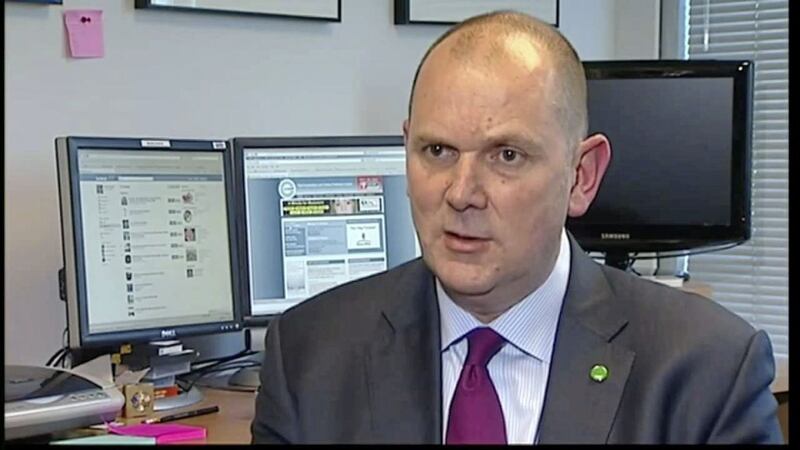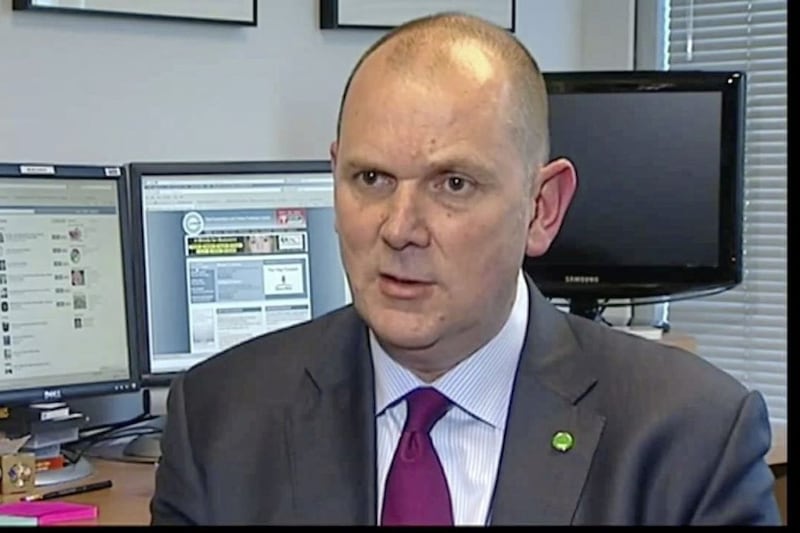Parents have been urged to speak to their children about online dangers as the coronavirus crisis deepens.
Jim Gamble, the Chief executive of the the Ineqe Safeguarding Group, last night said it was vital for parents and guardians to remain vigilant as the amount of online activity increases.
Thousands of children across Ireland and Britain are currently being kept at home as part of the fight against the deadly virus.
The dramatic change in lifestyle has resulted in a huge increase in on-line activity in recent weeks, especially among young people.
Mr Gamble, who is the former chief executive of the Child Exploitation and Online Protection Centre (CEOP), last night warned of the potential pitfalls.
The expert explained that dangers include those posed by predators, the harm young people can do to themselves and the potential to be targeted by scammers.
Mr Gamble said that currently there are 1,500 registered sex offenders in the north and while many would normally be managed by public protection arrangements oversight is likely to be low during the current crisis.
“Sex offenders are going to be at home and some are going to turn to the internet,” he said.
Despite the presence of an online threat Mr Gamble added that there is “not a paedophile in every virtual street or every part of the internet”.
He also highlighted the harm young people can expose themselves to through online activities.
“When the child is online they need to understand the dangers of the images they will generate themselves,” he said.
He also warned that increased isolation could tempt some teenagers with partners to become involved in “high risk activity” by sending images of themselves.
He warned that what is known as “sexting” - sending or receiving explicit messages or images - is a “critical issue”.
“Conversations need to take place around that,” he urged.
He added that if a child has shared an image which ends up being distributed online action can be taken to minimise the damage.
“We see lots of children become desperate and fearful of stigma when an image is shared,” he said.
“The critical issue is coming forward as soon as possible.”
He said that when approached properly service providers “will do what they can to have the image removed".
He added that parents “should never underestimate the pressure losing control of an image has on young people”.
Mr Gamble also warned of devious internet scams that falsely claim to know the personal search histories of some young people.
Often the scammers demand payment in return for not making details public.








